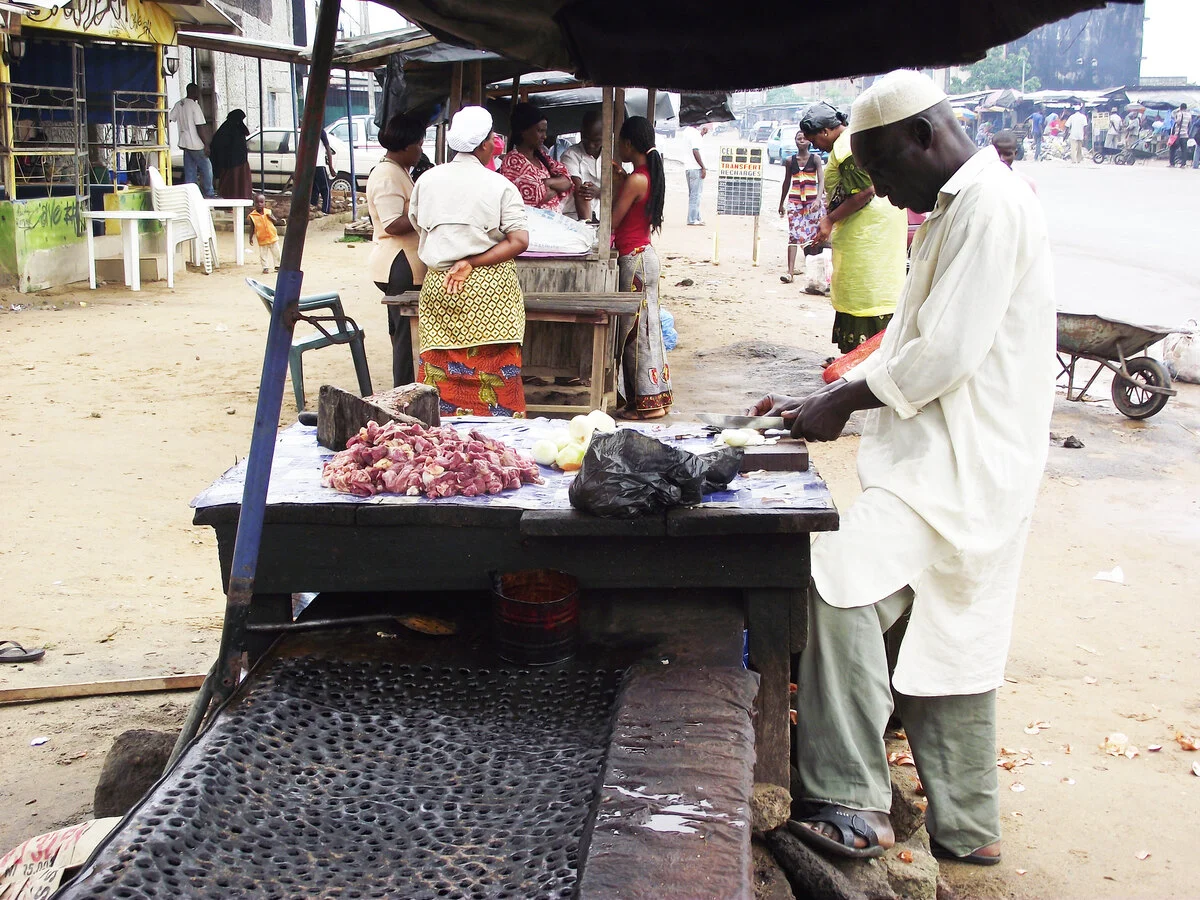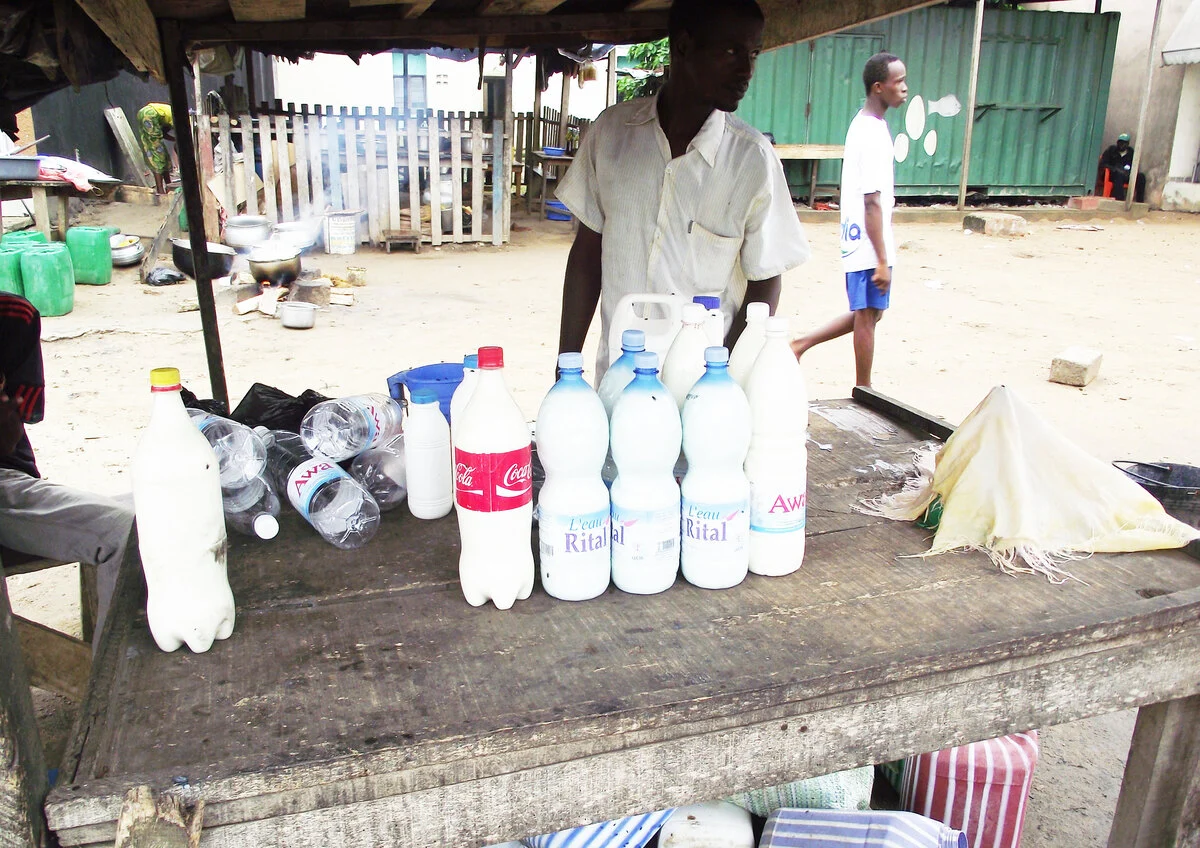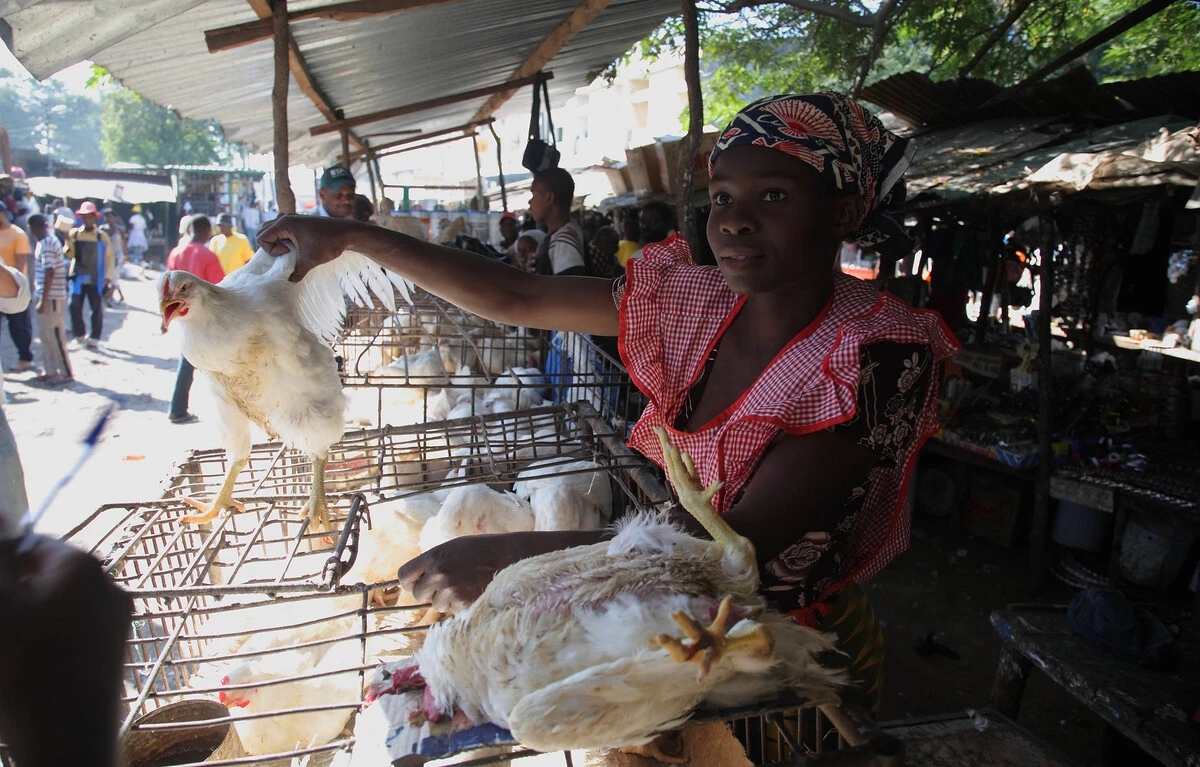In a significant move to address food safety concerns in Africa’s vast informal food sector, the African Union (AU) and the International Livestock Research Institute (ILRI) have joined forces to develop the first comprehensive framework tailored to the unique challenges of this vital sector. This collaboration aims to revolutionize food safety management across the continent, benefiting millions of urban households who rely on informal markets for their daily sustenance.
The informal food sector, encompassing street vendors, kiosks, and traditional market sellers, is a cornerstone of food security, employment, and livelihoods in Africa. Approximately 70 percent of urban households in Africa depend on these markets.
Despite their importance, food safety in these domestic markets has often been neglected or mismanaged, leading to significant public health issues. An estimated 90 million Africans suffer from foodborne illnesses annually, resulting in productivity losses worth about US$16 billion. In stark contrast, the international community allocates only US$55 million per year to food safety projects in Africa.

The newly developed guidelines by AU and ILRI are set to change this narrative by providing realistic and practical strategies for governments to improve food safety in the informal sector. These guidelines are part of the AU’s broader Food Safety Strategy for Africa, which was introduced in 2021 to enhance food safety management across the continent.
“Food and nutrition security is a human right, and yet unsafe food undermines this right for millions of Africans every year,” stated John Oppong-Otoo, Food Safety Officer at the African Union International Bureau for Animal Resources (AU-IBAR). “We believe these new guidelines will provide realistic and practical guidance to help governments work with the informal sector and gradually transform it to safely and sustainably sustain the population.”
Despite notable improvements in food safety standards for Africa’s exported goods, the informal domestic sector has lagged due to its fragmented and under-resourced nature. Traditional Western approaches to food safety, which involve strict compliance and complex documentation, are ill-suited for the informal sector.

“The reality is most African consumers buy food from the informal sector, which requires different approaches for food safety management,” noted Silvia Alonso, Senior Scientist Epidemiologist at ILRI. “With the right support, governments can unlock the informal food sector as a vehicle for healthy and safe foods for all, and a source of decent and dignified employment for men and women, especially youth, in Africa.”
The guidelines are backed by ILRI’s extensive research and interventions in Africa, such as the “push-pull” approach in Burkina Faso, which combined food hygiene training for chicken grillers with consumer awareness campaigns, and the professionalization of the informal milk sector in Kenya through training and marketing.
The AU and ILRI will engage with informal sector actors and partners to refine the guidelines, beginning consultations on June 10. This consultative process with member states is set to continue throughout 2024 and 2025, with the final framework scheduled for presentation to AU policy bodies for approval in 2025.
















